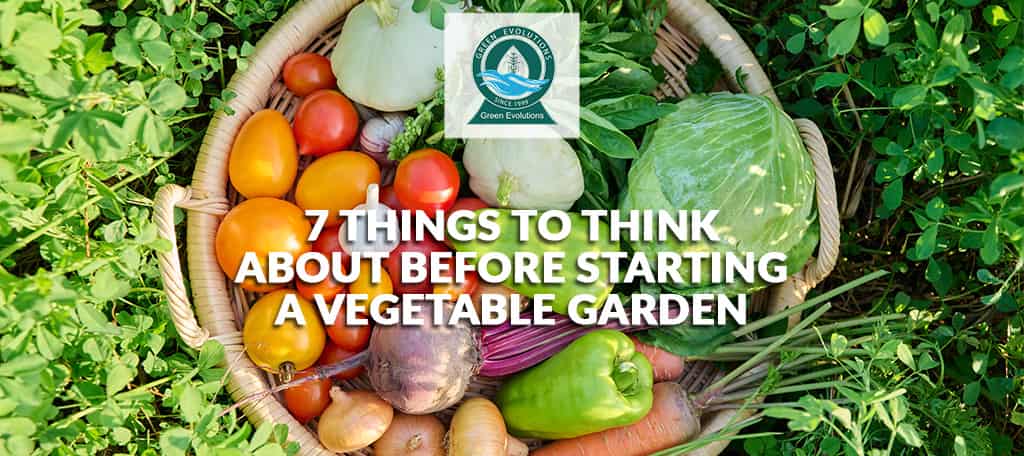What to do before planning a vegetable garden
1. Research your climate and local growing conditions. Different climates and soil types will require different gardening techniques, so it is important to learn about what works best in your area before you start planning a vegetable garden.
2. Decide on the type of vegetables that you want to grow. There are many different options when it comes to choosing which vegetables to plant, so think carefully about which varieties would be most suitable for your space and your tastes. Some popular choices include tomatoes, lettuce, beans, carrots, cucumbers, onions, potatoes and peppers.
3. Plan out where you will put each vegetable in your garden based on its specific needs for sunlight and water requirements. Positioning the plants too close together can lead to poor growth, so it is important to plan out your garden carefully. You may also want to consider adding supports or trellises for certain types of plants, such as beans and cucumbers.
4. Prepare the soil before you plant your vegetables by adding compost or other organic matter to improve drainage and fertility. Dig up any existing weeds in the garden area, and take care not to damage any nearby plants or roots while doing this. The type of soil that you have will determine how much time and effort you need to put into preparing it for planting.
5. Plant your seeds and seedlings at the right time of year, based on their specific needs for sunlight, temperature and water requirements. Pay close attention to the labels on your seed packets or the instructions on your seedlings to make sure you are using them at the right time of year.
6. Monitor your plants carefully once they have been planted and water them regularly as needed. If a particular plant starts to look weak, consider whether it may benefit from some extra fertilizer or other care based on its specific needs. Doing regular checks will help keep your vegetable garden healthy and productive throughout the growing season.
7. Harvest your vegetables regularly to ensure that they do not become overgrown or start to produce fewer fruits or vegetables. Some popular vegetables can be harvested multiple times during a single growing season if you know when to pick them and how much you should take off each time. Taking note of what time of year each vegetable is at its peak will help you maximize your harvest and enjoy the fruits of your labor.
Planning a vegetable garden can be a lot of fun, but it is important to remember that every type of plant has specific needs that must be taken into account before you start planting. By





